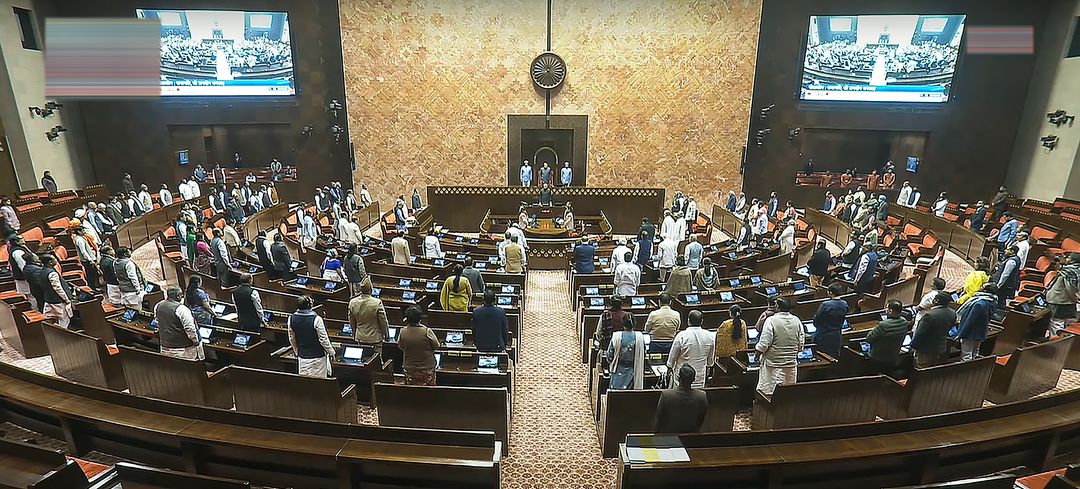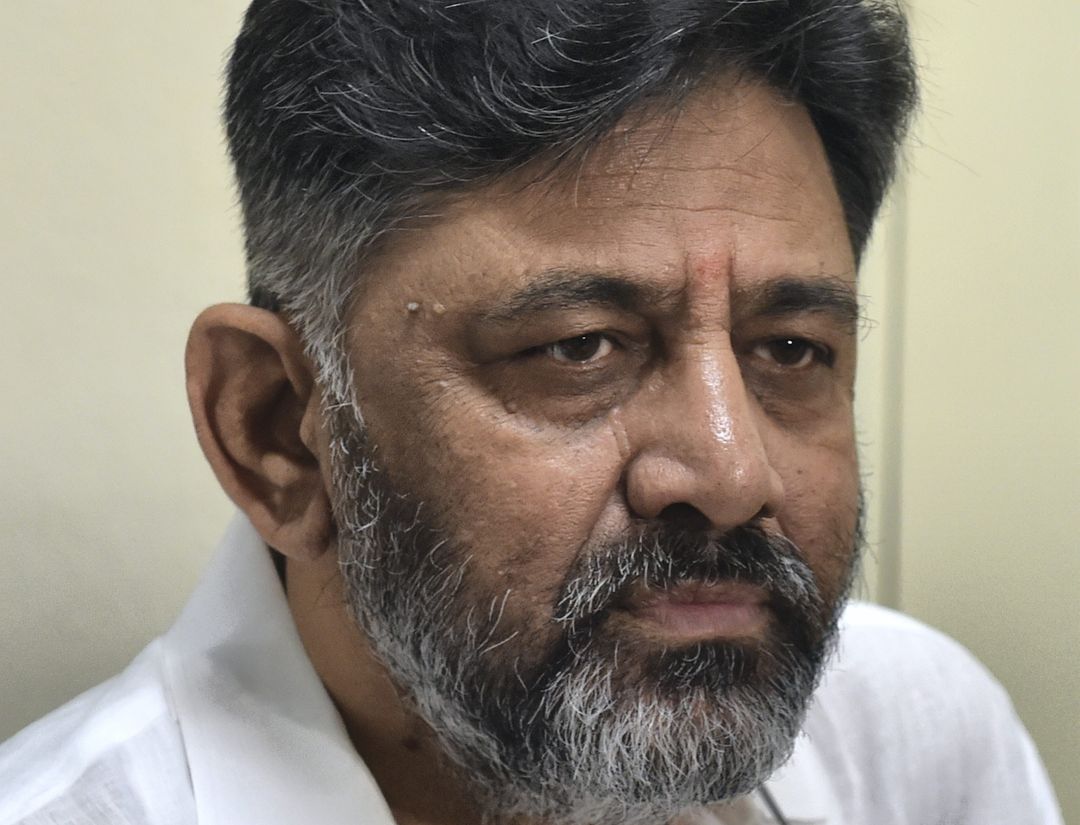
New Delhi, Feb 3 (PTI): The decision to allow private sector participation in India's nuclear energy sector marks a historic reform, unlocking its potential to meet the nation's growing energy demands, Shiv Sena leader Milind Deora said on Monday. Speaking during the Rajya Sabha debate on the Presidential address, Deora emphasized that India's nuclear energy mission—targeting 100 GW of power generation by 2047—will be pivotal for the country's economic and energy security.
Drawing comparisons, Deora highlighted how China aims to increase nuclear power's share in its energy mix to 18%, while France already generates two-thirds of its electricity from nuclear sources. The United States, he noted, is also prioritizing small modular reactors.
In addition to nuclear advancements, Deora urged the government to reduce India's reliance on foreign nations for critical minerals like lithium. He welcomed the Cabinet's approval of the National Critical Mineral Mission, with an allocated budget of ₹35,000 crore over the next 5-10 years, saying it will help develop a strong supply chain for green technologies.
He also paid tribute to former Prime Minister Manmohan Singh, crediting him for the India-US nuclear agreement, which ended India's nuclear isolation and established the country as a responsible nuclear power globally.
Centre-State Tensions and Fishermen’s Concerns Raised
Meanwhile, DMK MP M Shanmugam criticized the Centre for allegedly using governors in Opposition-ruled states as political instruments. He accused the BJP government of appointing governors who act as "extra-constitutional authorities" to further its political agenda, particularly in Tamil Nadu.Echoing his concerns, DMK MP M Mohamed Abdulla said the President’s address failed to acknowledge key governance issues, particularly the delays in granting assent to bills passed by the Tamil Nadu Assembly. He called for a Code of Conduct for Governors, which would include binding rules and specific time frames for approving state government bills.
Additionally, Shanmugam raised concerns about attacks on Indian fishermen by the Sri Lankan Navy, urging the government to take stronger action to protect their rights.
Polavaram Project and Farmers’ Plight
YV Subba Reddy of YSRCP brought attention to the Polavaram Project, stating that while the Godavari Tribunalhad sanctioned a dam height of 45.72 meters (150 feet) with a water storage capacity of 194.6 TMC, the Centre unilaterally revised the dam’s height to 41.15 meters (135 feet), reducing its capacity to 115.44 TMC. He argued that this move undermines Andhra Pradesh's aspirations and is contrary to the project's original plan.Subhasish Khuntia of BJD also spoke about the difficulties faced by farmers, urging greater government support for agricultural sustainability.
The debate highlighted key concerns spanning energy reforms, governance disputes, federal relations, and rural distress, underscoring the diverse challenges facing India's policymakers.

